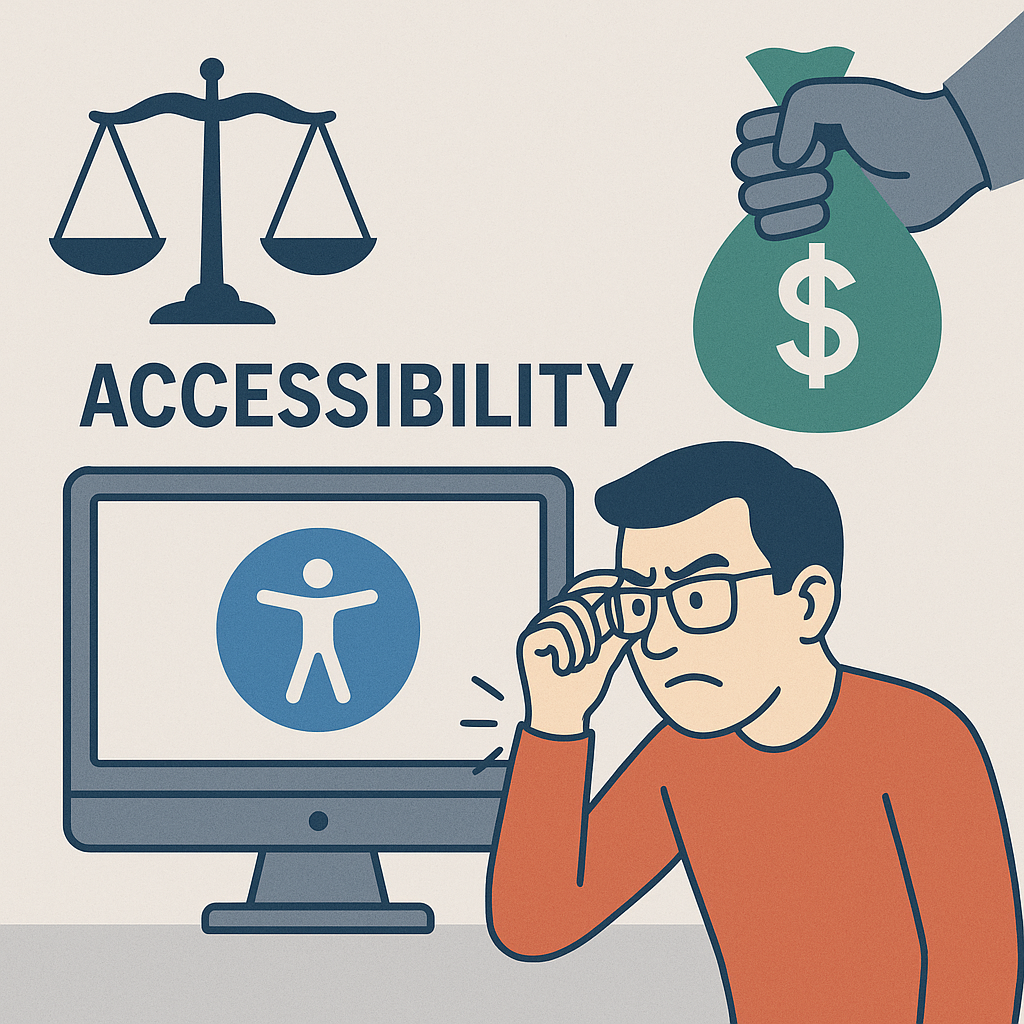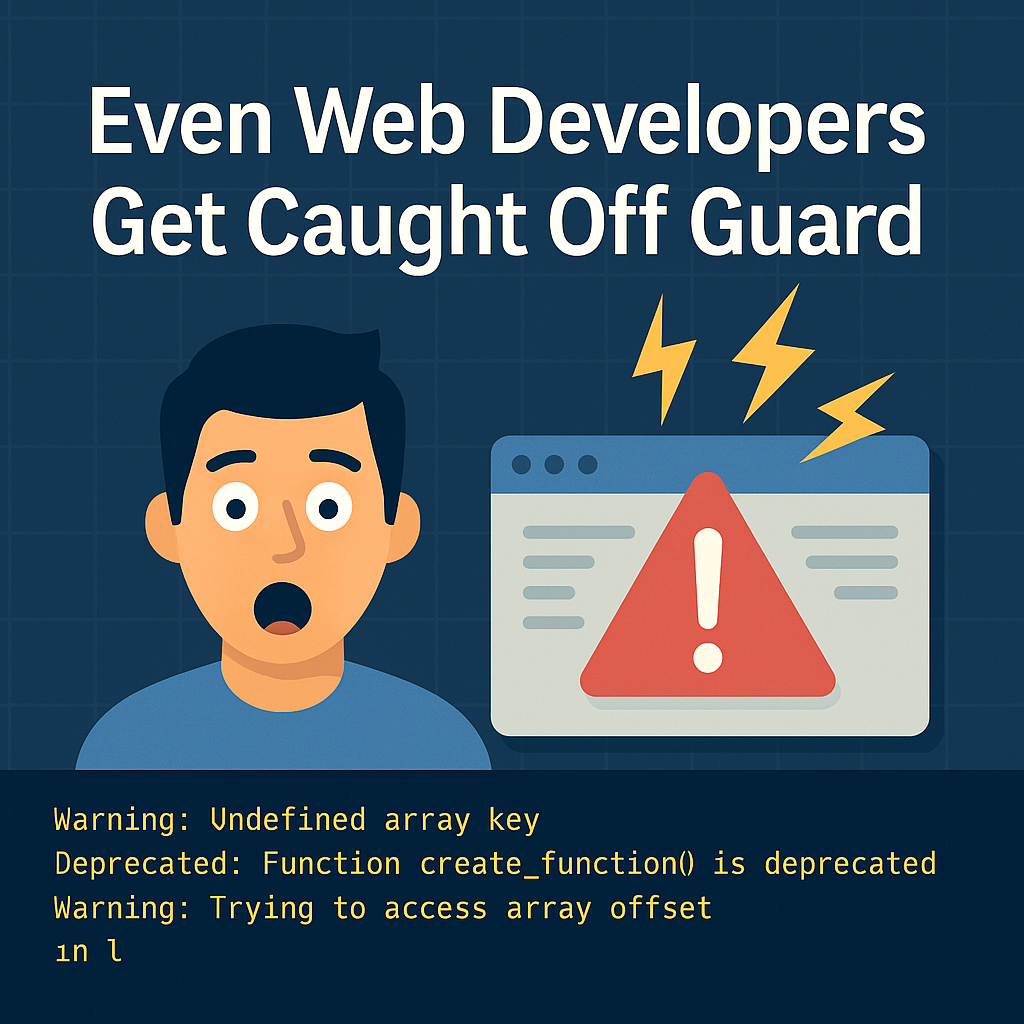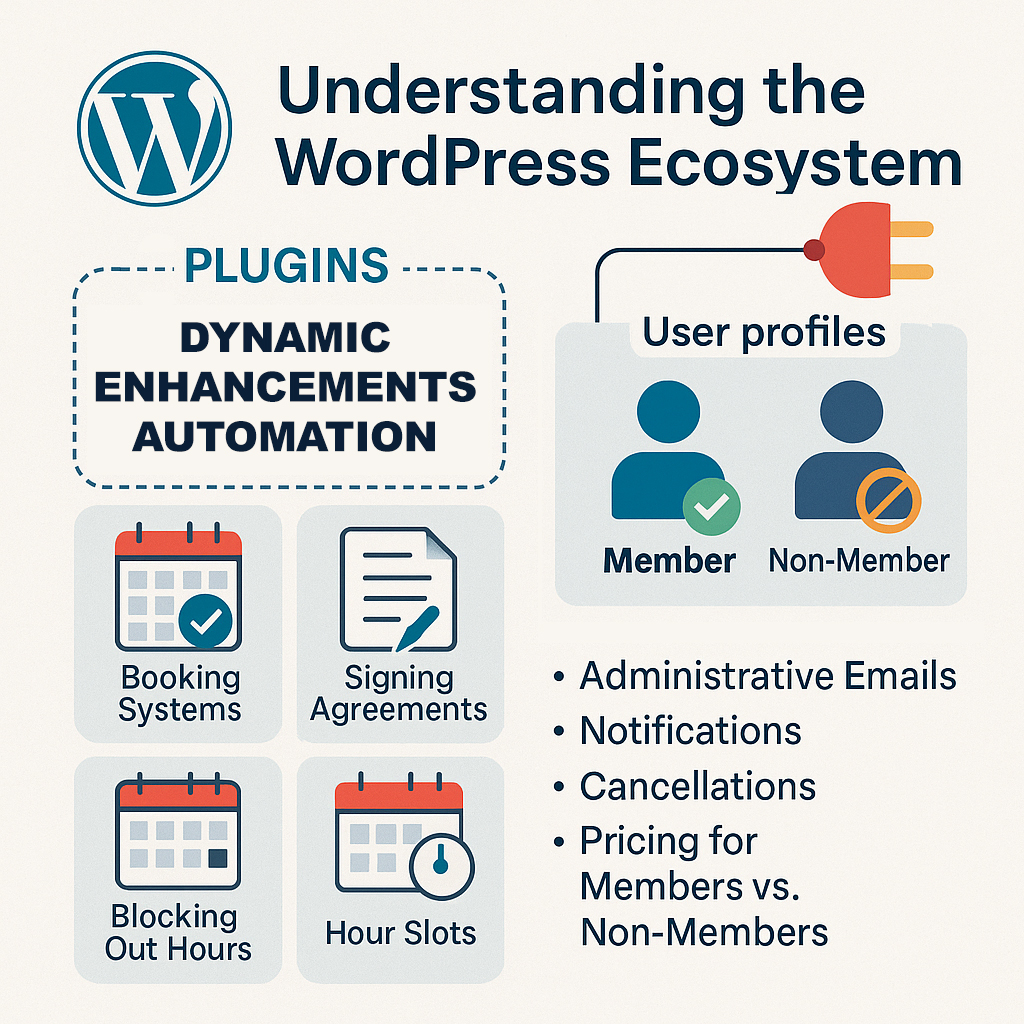Ten years ago, web accessibility lawsuits were rare, often reserved for high-profile corporations with deep pockets. Fast-forward to today, and the landscape has changed dramatically. Lawsuits targeting businesses over website accessibility have skyrocketed—and they’re not just aimed at big brands anymore. Small businesses, family-run shops, and especially eCommerce websites have increasingly found themselves in the crosshairs.
On one hand, many of these lawsuits stem from legitimate concerns. Millions of people worldwide rely on screen readers, keyboard navigation, captioned media, and other tools to engage with websites. For them, accessibility isn’t an extra—it’s a necessity. Businesses that ignore these needs risk alienating potential customers and violating standards like the Americans with Disabilities Act (ADA) or the Web Content Accessibility Guidelines (WCAG).
On the other hand, the rapid rise of lawsuits has raised eyebrows. Legal experts, developers, and business owners alike have noted a troubling pattern: not every lawsuit is filed in the spirit of advocacy. Some appear to be “cash grabs,” leveraging accessibility standards as a legal hammer to extract settlements. While courts continue to grapple with where to draw the line, the trend is undeniable: lawsuits are up, and businesses of every size are vulnerable.
Why Small Businesses Are at Risk
There’s a misconception that only the Amazons, Walmarts, and Fortune 500 companies of the world face accessibility lawsuits. But reality paints a different picture. Across the country, small “mom and pop” shops and niche online stores are being sued for non-compliance.
Imagine investing years building an online store only to receive a demand letter claiming your checkout button isn’t screen-reader friendly or your product images lack proper alt text. For many small businesses, the cost of defending such lawsuits—even if frivolous—can be crippling.
A Proactive Step: Accessibility Plugins and Services
The good news is that website owners aren’t powerless. While achieving full ADA or WCAG compliance can be complex, one practical step is implementing an accessibility plugin or service. These tools often provide features like:
-
Keyboard navigation support
-
Text resizing options
-
Contrast adjustments
-
Alt text auditing
-
Automated scanning for common compliance issues
Deploying such tools won’t make your website lawsuit-proof, but it does show a good-faith effort toward accessibility. And in many cases, that proactive step can reduce risk while improving the browsing experience for all users.
No “One-Click Fix”
It’s important to emphasize that accessibility plugins are not a perfect solution. They can’t cover every nuance of compliance, and they don’t replace proper design and development practices, which can be costly for small businesses. However, for business owners navigating the pressures of modern web development—and the scrutiny of rising lawsuits—they’re a sensible first line of defense.
The Bottom Line
The era of ignoring web accessibility is over. Whether lawsuits are brought in good faith or as opportunistic cash grabs, the reality is the same: every business with a website is at risk. Being proactive is no longer optional—it’s essential.
Website owners, large and small, should take steps now to improve accessibility. Start with an accessibility plugin or service, learn the basics of WCAG, and continue refining over time. The warning is clear: accessibility isn’t just about compliance, it’s about protecting your business and respecting your audience.





